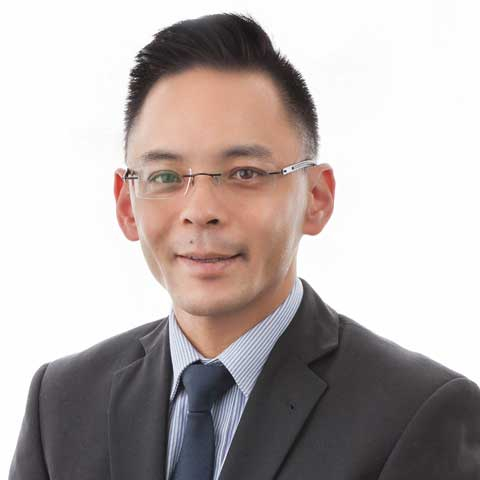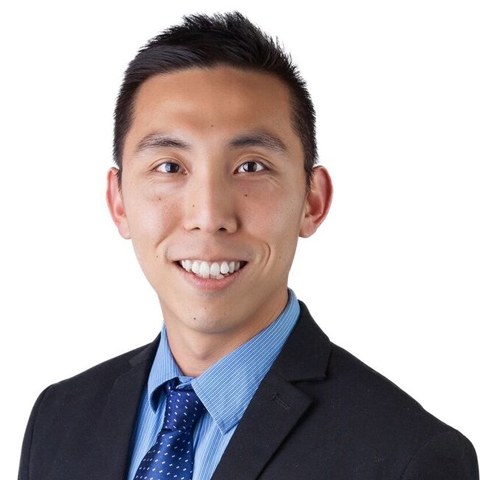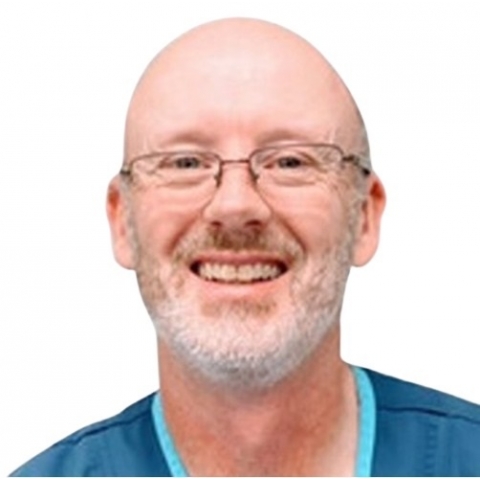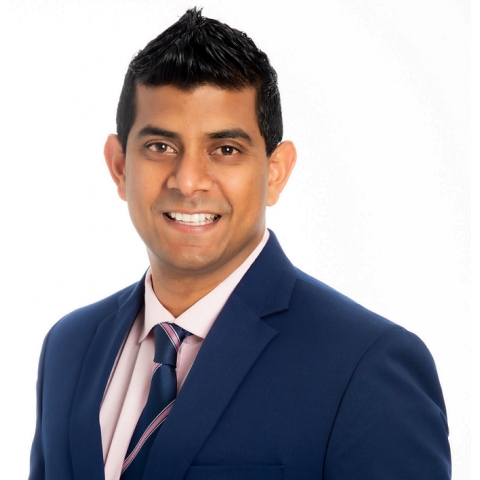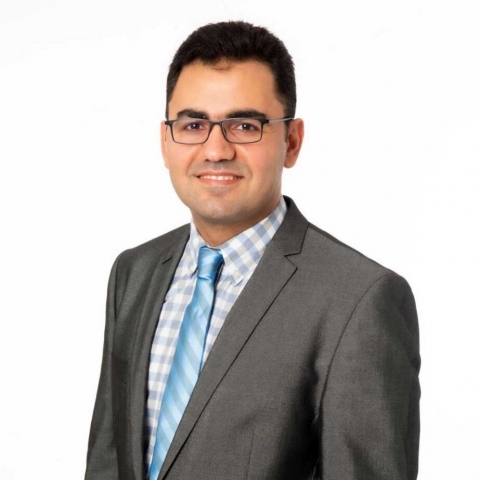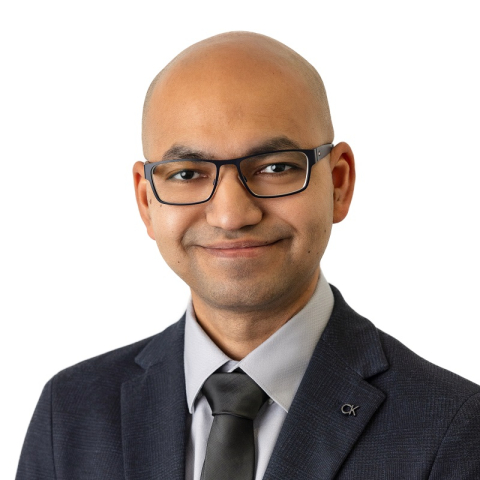WHAT IS A GASTROSCOPY?
Gastroscopy is an examination of the lining of your upper part of your gastrointestinal tract, including your oesophagus, stomach and duodenum (the first part of your small intestine). This procedure is used by doctors to evaluate various symptoms such as persistent upper abdominal pain, nausea, vomiting, or difficulty swallowing. An endoscope is used for this procedure. This scope is a thin, flexible tube with a camera in the tip. This instrument is inserted via the mouth down your oesophagus. Your stomach and duodenum will be examined. Images will be captured and transmitted to a monitor which your specialist looks at during the procedure.
ABOUT YOUR PREPARTION
For a safe and successful procedure, an empty stomach is best so you should not eat or drink anything, including water, for approximately six hours prior to your examination.
If you have regular medication that needs to be taken, you may be able to take them with small sips of water only after consulting with the specialist performing the procedure.
WHAT TO EXPECT DURING A GASTROSCOPY
Please come in loose comfortable clothing. Nail polish should be removed or have clear nail polish only.
On arrival, a nurse will take history of your current health and past medical problems. Please inform the admitting nurse of any allergies and bring in a list of all the medications you are currently taking. Afterwards, you will be asked to change into a gown.
Your specialist will then take you through to theatre. An intravenous sedative will be given by the doctor to help you relax and better tolerate any discomfort and a local anesthetic spray to numb the back of your throat. You may choose to have this procedure without sedation but if performed under sedation, additional oxygen will be given throughout the procedure and a probe will be placed on your finger to monitor your blood oxygen levels and your heart rate.
You will either be lying on your side or on your back.
Your specialist will start the examination by passing the scope through your mouth and into the oesophagus, stomach and duodenum. The endoscope does not interfere with your breathing and approximately takes about 15 minutes but could be longer if any endoscopic treatment is required, such as polyp removal.
You should plan on a total of one to one and a half hours for the whole procedure and recovery.
During your procedure, if your specialist thinks an area needs further evaluation, a biopsy (small tissue sample) will be taken and sent to the Pathology Laboratory for analysis. Biopsies are taken for many reasons, such as to diagnose Coeliac disease or Helicobacter pylori testing, which is a bacterium that is a common cause of duodenal and gastric ulcers.
AFTER YOUR GASTROSCOPY PROCEDURE
Once your examination is completed, you will be taken on your bed to the recovery room. You will be monitored until the effects of the sedation has worn off.
Your specialist will then explain the results of the examination to you. Your procedure report will be ready before you are discharged, however, biopsy results may take up to five working days before they are ready. A copy of your report will go to your usual General Practitioner. Your specialist may contact you to let you know about your biopsy result. Otherwise please contact your GP.
Due to the sedation administered for this procedure, your judgment and reflexes may be impaired, even if you feel alert after your procedure. Therefore, it is very important that you have someone arranged to drive you home and stay with you for the next 12 hours. During this period, you should not operate on any machinery or make any important decisions. DO NOT drink any alcohol for 24 hours after your procedure.
COMPLICATIONS
Gastroscopy are generally safe procedures when performed by specialists trained and experienced in endoscopy.
You have experience a mild sore throat for a day or so.
Biopsy sites may bleed but it is usually minimal and rarely require follow-up.
Other complications include a reaction to the sedatives or complications from underlying heart or lung disease.
If you experience a fever after the test, trouble swallowing or increasing throat, chest or abdominal pain, please tell your doctor immediately or go to your nearest 24-hour A&E or Hospital.
CONTACT US
If you have any questions about the procedure, why you need one, alternative options, costs or insurance cover, please do not hesitate to contact the staff at Greenlane Medical Specialists.

